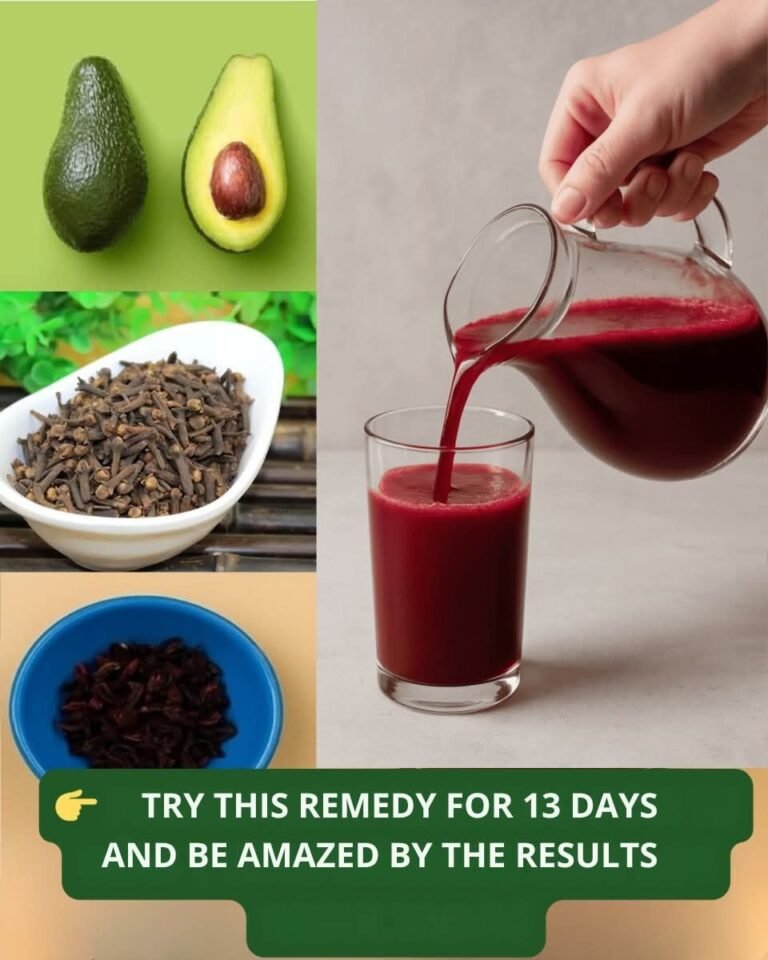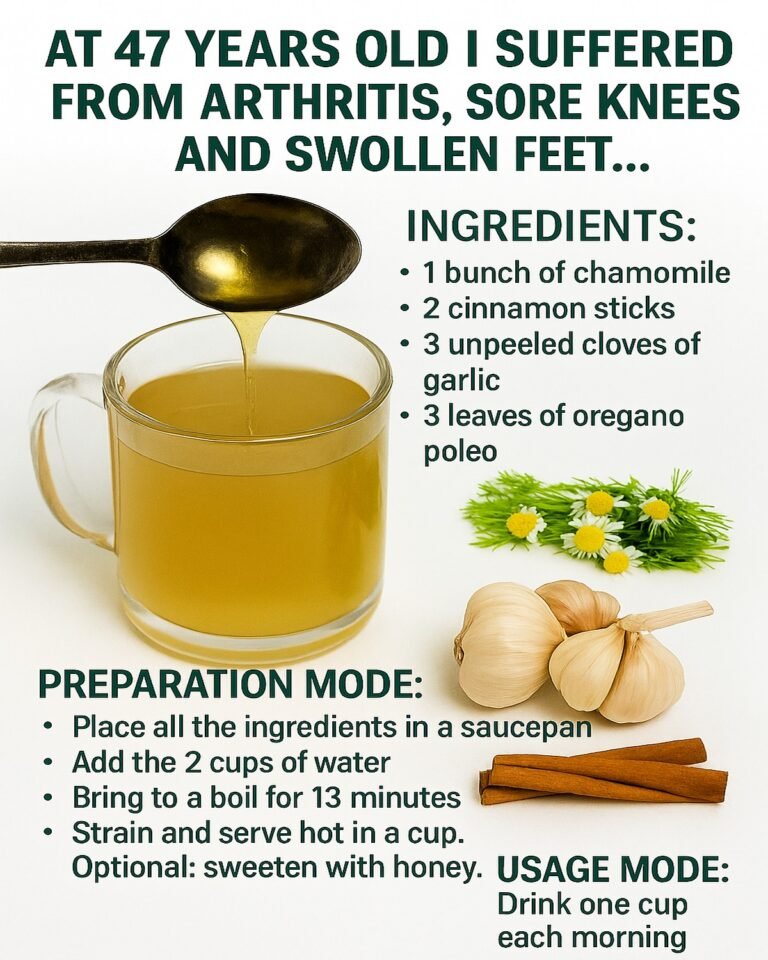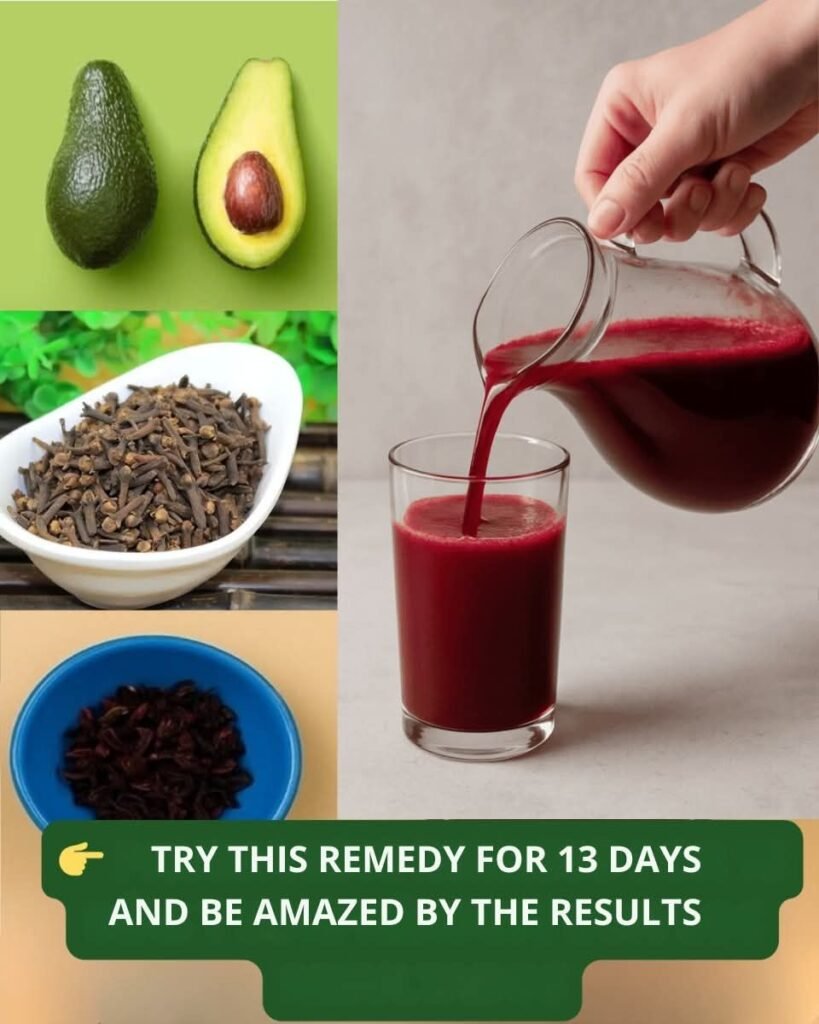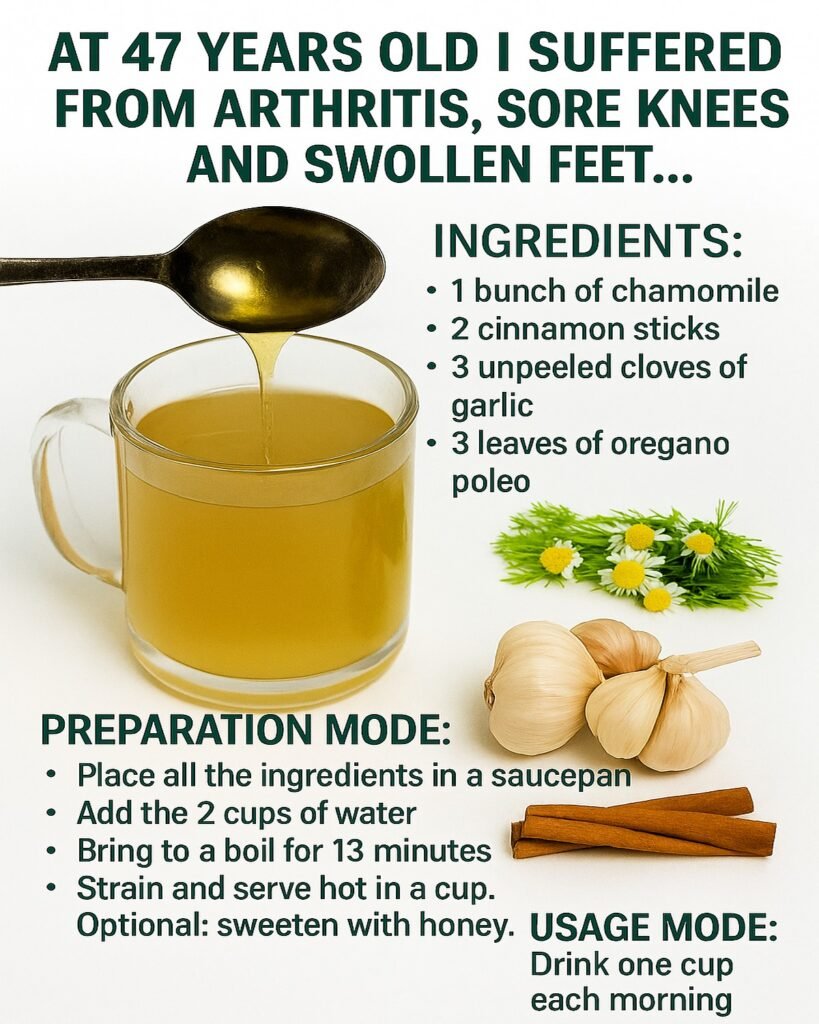🌿 Thyme: The Natural Remedy for a Wide Range of Health Benefits
🌸 Introduction
Thyme (Thymus vulgaris) is more than just a fragrant herb for cooking — it’s one of nature’s oldest and most trusted remedies.
Native to the Mediterranean region, thyme has been used for centuries in traditional medicine thanks to its rich content of thymol, flavonoids, and essential oils.
Modern research now supports what ancient herbalists already knew: thyme has powerful antioxidant, antibacterial, and anti-inflammatory properties that can help the body in many gentle, natural ways.
In this article, you’ll discover over 35 ways thyme can support your health — plus two simple recipes to start enjoying its amazing benefits, from easing coughs and soothing muscles to supporting digestion and cleansing the body. 🌿💚
✅ Common Health Issues Thyme Can Help With
🌬️ Respiratory Support
-
Colds & Flu: Helps clear the airways and calm mild respiratory discomfort.
-
Bronchitis: Supports natural mucus elimination and eases coughing.
-
Asthma: Promotes easier breathing and relaxation of the bronchi.
-
Dry or Productive Cough: Soothes the throat and reduces irritation.
-
Sinus Congestion: Acts as a gentle, natural decongestant.
-
Excess Mucus: Helps reduce buildup and clear sinuses.
💪 Muscular & Nervous System Support
-
Muscle Aches: Calms inflammation and promotes relaxation.
-
Arthritis: Eases joint stiffness and discomfort.
-
Sciatic Nerve Pain: Helps relieve tension and inflammation naturally.
-
Headaches & Migraines: Acts as a mild natural relaxant.
-
Chronic Fatigue: Stimulates and revitalizes the nervous system.
-
Insomnia: Promotes restful sleep through its calming aroma.
-
Stress & Anxiety: Supports emotional balance and relaxation.
-
Mild Depression: Encourages a sense of well-being naturally.
🍃 Digestive & Gut Health
-
Indigestion & Gas: Supports smoother digestion and reduces bloating.
-
Flatulence: Helps calm intestinal fermentation.
-
Acidity: Balances stomach pH naturally.
-
Nausea & Discomfort: Soothes the stomach.
-
Candida Overgrowth: Its antifungal properties may help restore balance.
-
Intestinal Parasites: Traditionally used to support gut cleansing.
😁 Oral & Skin Health
-
Bad Breath: Neutralizes odor-causing bacteria.
-
Gingivitis or Tooth Pain: Helps calm gum irritation.
-
Acne: Purifies skin and reduces impurities.
-
Skin Infections & Eczema: Gently cleanses and soothes.
-
Nail Fungus: Known for its natural antifungal power.
-
Insect Bites: Reduces swelling and itching.
-
Minor Cuts & Wounds: Promotes natural healing.
💚 Other Notable Benefits
-
Urinary Tract Health: Supports bacterial balance.
-
high blood pressure: Promotes relaxation of blood vessels.
-
Cholesterol Balance: Helps reduce LDL (“bad”) cholesterol.
-
Type 2 Diabetes: Supports insulin sensitivity.
-
Liver Function: Encourages natural detoxification.
-
Weak Immunity: Strengthens natural defenses.
-
Menstrual Discomfort: Eases cramps and bloating.
-
Poor Circulation: Improves blood flow.
-
Yeast or Vaginal Infections: Useful as part of soothing herbal baths.
🍵 Recipe 1: Thyme Tea with lemon and honey
Ingredients:
-
1 teaspoon dried thyme (or 1 fresh sprig)
-
1 cup of water
-
1 lemon slice
-
1 teaspoon honey (optional)
Preparation:
-
Bring water to a boil.
-
Add thyme, remove from heat, and let steep for 7 minutes.
-
Strain the infusion.
-
Add lemon and honey if desired.
How to Use:
Drink 1–2 cups daily, especially in the morning or before bed.
Use for 7–10 days to support detox, ease respiratory symptoms, balance digestion, and promote inner cleansing.
💆♀️ Recipe 2: Thyme Massage Oil for Pain & Sciatica Relief
Ingredients:
-
3 tablespoons coconut or olive oil
-
10 drops thyme essential oil
-
(Optional) 1 teaspoon crushed dried thyme
Preparation:
-
Mix the base oil with thyme essential oil.
-
Add the crushed thyme for extra potency (optional).
-
Store in a dark glass bottle in a cool, dry place.
How to Use:
Massage gently into affected areas — especially the lower back or legs — once or twice daily.
The warm, herbal aroma relaxes muscles and calms nerve tension.
📌 Additional Tips for Using Thyme
-
Duration: Limit tea to 3 cups daily for up to 10 days. Then rest for one week.
-
External Use: Avoid applying essential oil on broken or irritated skin.
-
Soothing Bath for Candida: Add 2 cups of thyme infusion to warm bath water and soak for 15 minutes, 3 times a week.
-
Steam Inhalation for Sinus Relief: Boil thyme in water, cover your head with a towel, and inhale the steam for 5–10 minutes.
⚠️ Precautions
-
Avoid high doses during pregnancy or breastfeeding.
-
Consult a healthcare professional if you are taking blood thinners, blood pressure medication, or diabetes treatments.
-
Never ingest thyme essential oil without professional guidance.
🌿 Conclusion
Thyme is one of the most versatile and powerful medicinal herbs you can keep at home.
Its natural antibacterial, antifungal, antispasmodic, and anti-inflammatory properties make it a true ally for everyday wellness — from soothing sore throats and digestive discomfort to easing joint pain and supporting natural detox.
By incorporating thyme into your daily routine — through teas, infusions, or massage oils — you can gently support your body’s balance and vitality in a simple, natural way. 🌿💛

















